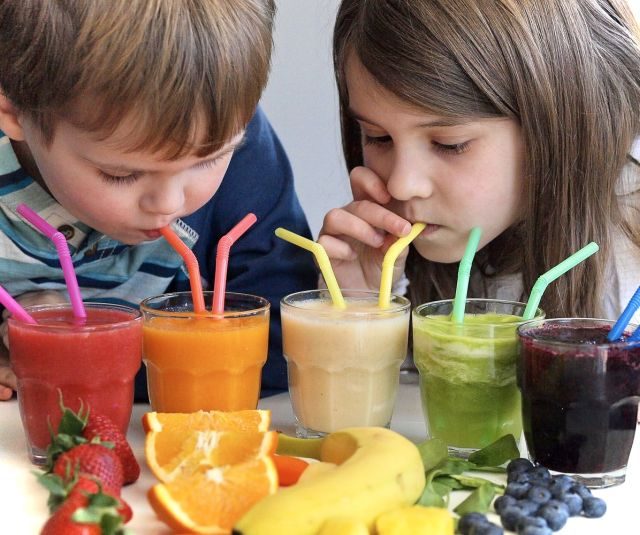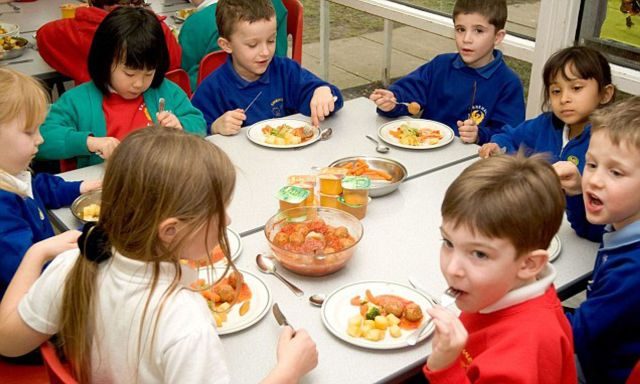The reason we like some food and not others is because of our taste buds. Can you find out where they are? What foods do your Taste buds love and which ones make them go Yuck! Can you draw a picture of your favourite meal?
Food explorers
 Sometimes we decide we don’t like food because of its look, smell or because we tried it before and we didn’t like it. Remember food can taste different depending on the time of year (especially fruit and vegetables), how it was made and what ingredients were used. Two people can make the same food and it taste different. Can you be a food explorer and explore some new or unusual food? Be Brave and try a very small amount. If you don’t like it that’s ok but don’t be afraid to try it again as our tastes change over time.
Sometimes we decide we don’t like food because of its look, smell or because we tried it before and we didn’t like it. Remember food can taste different depending on the time of year (especially fruit and vegetables), how it was made and what ingredients were used. Two people can make the same food and it taste different. Can you be a food explorer and explore some new or unusual food? Be Brave and try a very small amount. If you don’t like it that’s ok but don’t be afraid to try it again as our tastes change over time.
At the table
Setting a table and putting out everything you need, sitting at the table to eat and deciding what are the rules are good skills to have. There are different rules at different tables. In some countries it’s even polite to burp after a meal to show you enjoyed it. At Glenwood we have developed our mealtimes to encourage conversation as for it to be a relaxing time when children and adults are together. We also know that some of you are enjoying food that you have been helping cook.
Packaging Practise
 Packaging can be a challenge to get into so try and practise opening as many food packages as you can. You might need a little help but this will develop your hand eye coordination, finger control and self confidence as you learn to open up food or drink containers for yourself. Remember to try and keep it steady so it doesn’t fly everywhere.
Packaging can be a challenge to get into so try and practise opening as many food packages as you can. You might need a little help but this will develop your hand eye coordination, finger control and self confidence as you learn to open up food or drink containers for yourself. Remember to try and keep it steady so it doesn’t fly everywhere.
What I like and how much
 It’s good to learn the names of the food you like and how much you like to eat. Some children have big appetites and some smaller. If you start with an empty plate you could play ‘school dinners’ where you have to ask each item of food that has been made and say how much you want. This will help you develop your vocabulary and your awareness of amount. “more”, “less” “the middle sized one”. And remember to say ‘please’ and thanks you’ to those who have cooked and are serving.Maybe you could have a go at being the school cook and making some food.
It’s good to learn the names of the food you like and how much you like to eat. Some children have big appetites and some smaller. If you start with an empty plate you could play ‘school dinners’ where you have to ask each item of food that has been made and say how much you want. This will help you develop your vocabulary and your awareness of amount. “more”, “less” “the middle sized one”. And remember to say ‘please’ and thanks you’ to those who have cooked and are serving.Maybe you could have a go at being the school cook and making some food.
I’m Full
In the school dinners game you don’t need to eat everything on your plate if you have a big portion. Instead be aware of your body and when it’s full and doesn’t want anymore or if you would like more you could ask if there is any food left you could have.
Steady as you go
 Part of the ‘school dinner game’ can be to carry your plate, cutlery and drink. This is very tricky and could end in a big crash so start by carrying an empty plastic cup, plate and cutlery on a tray. This game requires balance and spatial awareness.
Part of the ‘school dinner game’ can be to carry your plate, cutlery and drink. This is very tricky and could end in a big crash so start by carrying an empty plastic cup, plate and cutlery on a tray. This game requires balance and spatial awareness.
Clean up Time
 When you have finished your food it’s time to tidy up. In the school dinners game you need to scrape your food into a bin. put your cutlery in one container and your cup and plate in another container. This is a good time to see if you made a good estimate of how much you would eat and drink. This is developing independence and self help skills.
When you have finished your food it’s time to tidy up. In the school dinners game you need to scrape your food into a bin. put your cutlery in one container and your cup and plate in another container. This is a good time to see if you made a good estimate of how much you would eat and drink. This is developing independence and self help skills.
Get in touch
We love hearing how you are getting on so keep in touch.
@GlenwoodFC #Glenwoodlearningathome

